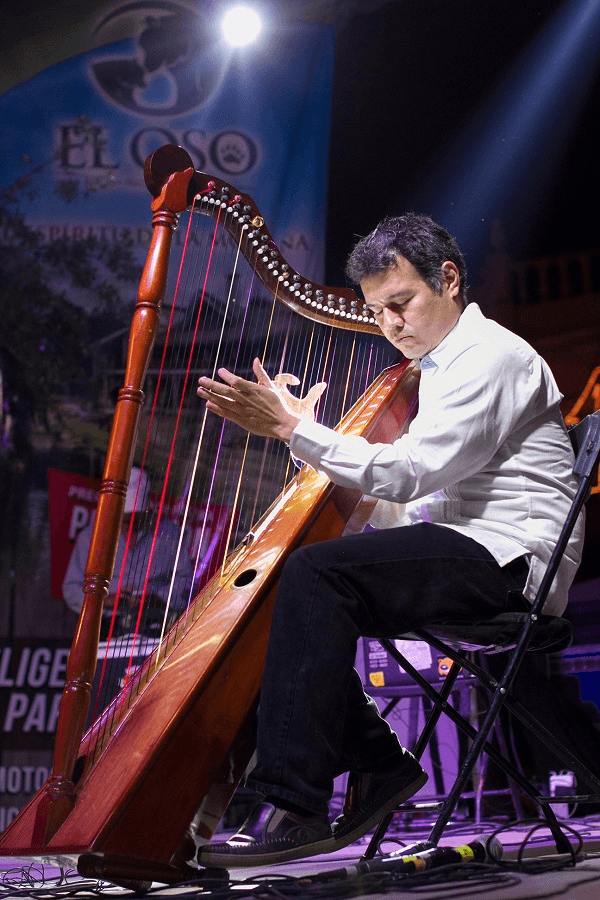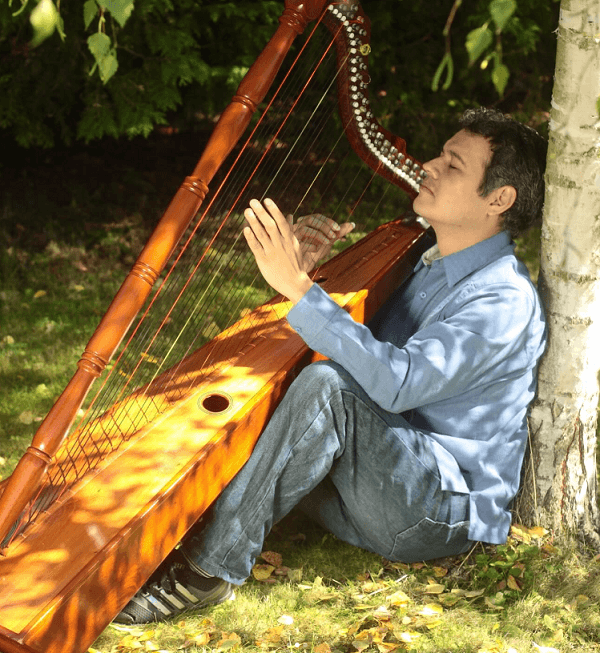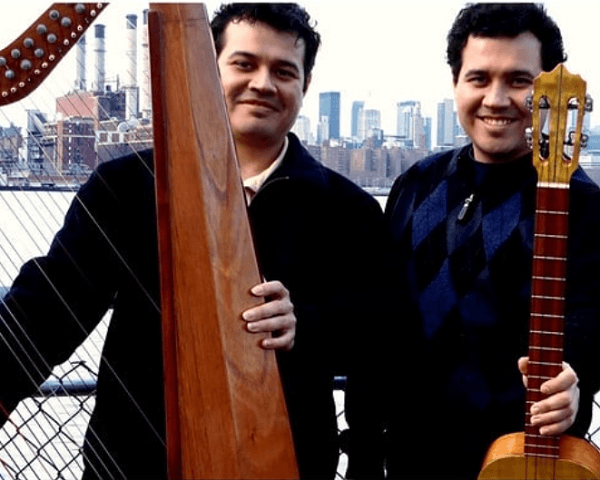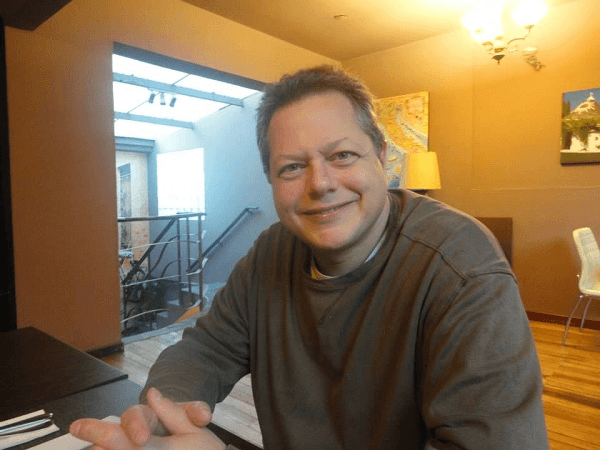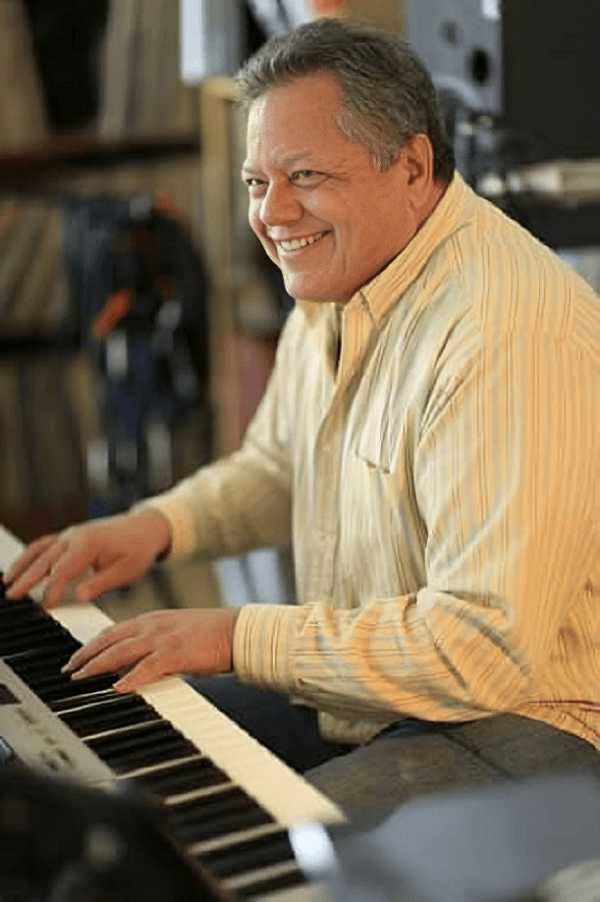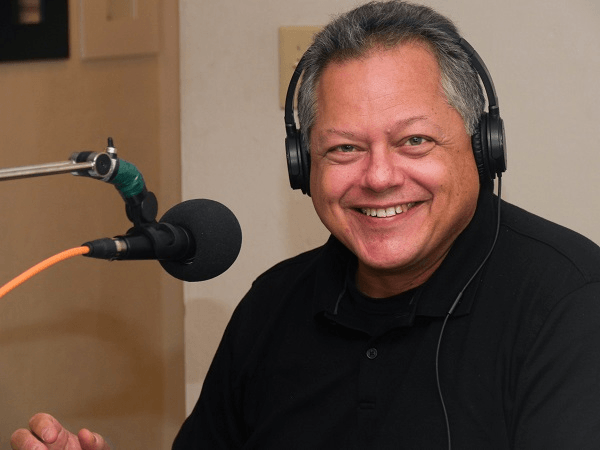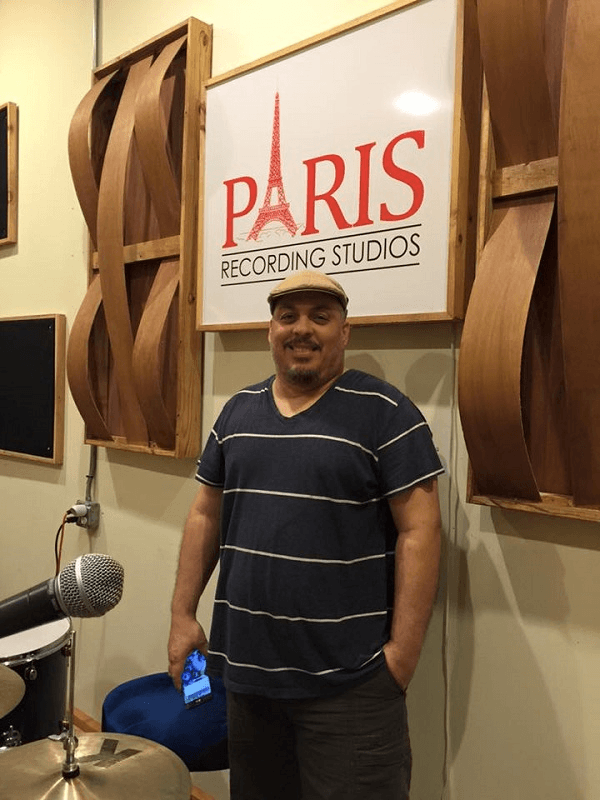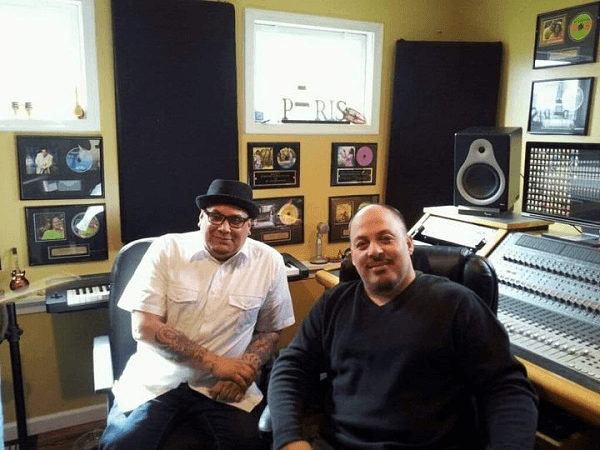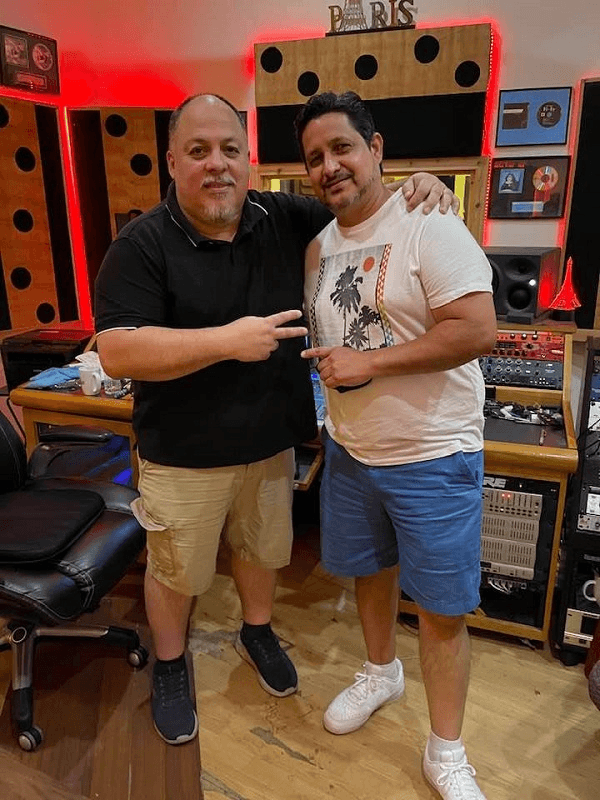Europe
Maiantocook:
Mixing two passions to a perfect match, is possible. Going into the kitchen of this beautiful woman means tasting a universe of flavors with your tastebuds, soul and hearing, yes your hearing comes included, when we talk about Marianto.
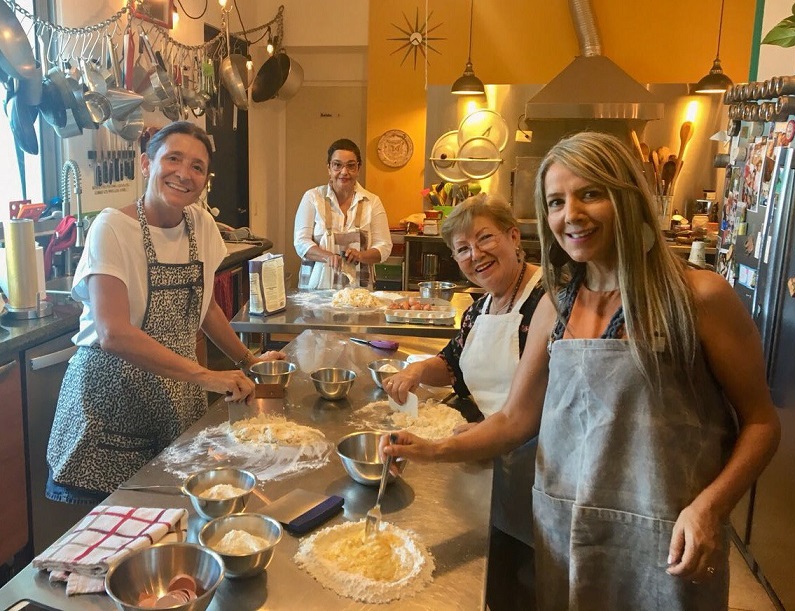
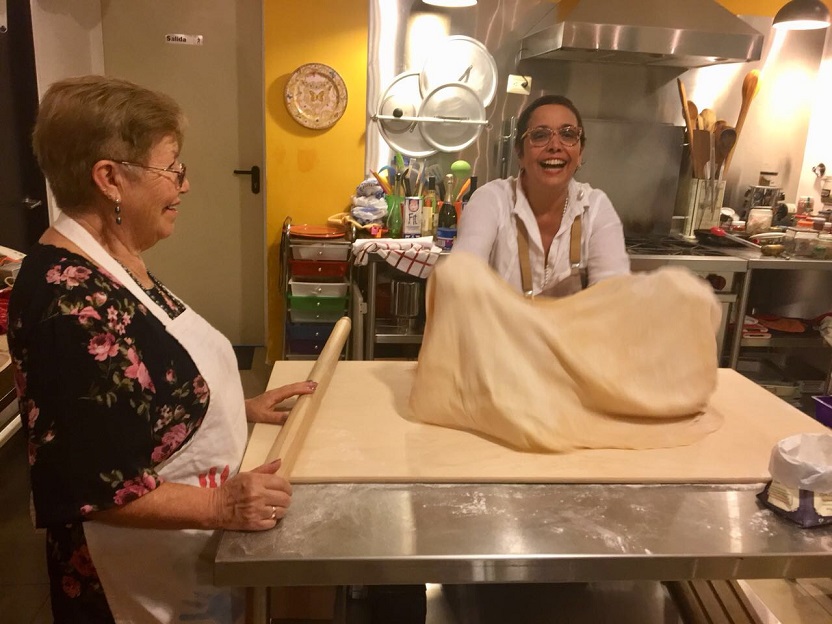
By Carmen Aular
María Antonieta Pérez Mendoza is Mariantocook, a culinary reference for those looking for options to learn professional cooking techniques and run to apply them at home and delight everyone with exquisite flavors, and preparations of an executive chef. She delights her followers constantly with recipes made with love, sense of humor and a lot of stories that she shares with a special happiness in her social media. She opens the doors of her home and shows us how to prepare, in the simplest way, amazing dishes that seem more elaborate. She is, also, very open to helping her followers, when they contact her in private asking for tips and a word of advice.
All this is wonderful and exciting to share, but why did Mariantocook really catch our attention? ¡La Salsa! This Venezuelan chef living in Europe not only makes everything look easy and exquisite in a few minutes, but, as if that were not enough, she enjoys cooking, listening to music and being inspired by it. Her Salsa Brava repertoire has inspired too many interesting and delicious dishes. Music is a ‘must’ in her kitchen.
This’ how it all started
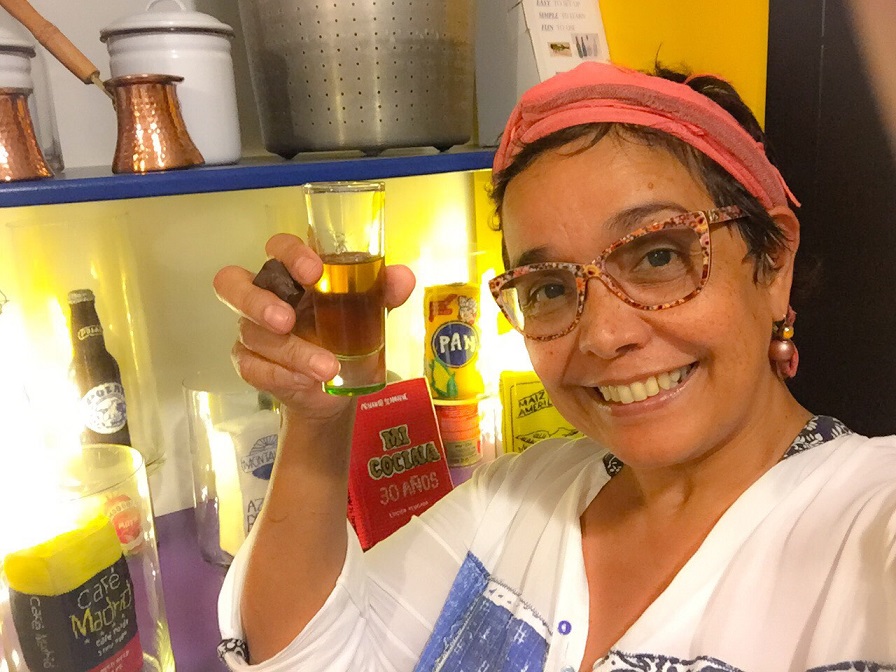
Marianto is a Professional Chef at CEGA (Gastronomic Studies Center) in Caracas, Venezuela, and although her love for cooking began at a young age, her professionalization in the area did not come until many years later. She can cook for private dinners for 25 people or in the kitchen of “my little piece of heaven in Tuscany” as she calls it.. The kitchen is the same, what changes is the context.
In the middle of process to discover something in what could be good no matter the age, Marianto decided to cook; because she could take the kitchen and go anywhere in the world and at any time. And so, she took her kitchen to Italy, where she settled with her family and where she continued to learn from the original source of the recipes.
This entire project that has made a very good impression in social media and that she decided to call Mariantocook, began when her son going off to college in the United States and she needed to do something to not be sad and at the same time learn something new. Many videos, recipes and bloopers later, the result has been fantastic.
Cooking is passion, and that extra flavor in Mariantocook’s kitchen, is the music. There is a careful selection of a theme for cooking, from which derive colors, ingredients and even smells. Creating a menu inspired by music, depends of the chef’s mood. There is nothing tastier than cooking, singing and dancing.
For this passionate cook, the most dynamic and wise menus are inspired by the notes of Salsa, while the most passionate ones come straight from Jazz. After this affirmation we wanted to make a creative exercise and we decided to ask Mariantocook how she imagines a menu to the rhythm of Salsa Brava, a menu, especially designed for International SALSA Magazine. This was the extraordinary result:
International Salsa Magazine menu to the rhythm of Salsa Brava and masterfully designed by Mariantocook.
Appetizers
“First the tasty percussion” to begin with: Andean sweet ‘Arepitas’ (cornflour tortillas) with banana, ‘Telita’ (type of cheese produced in Venezuela) cheese and colorful sweet pepper jam. Mini dogfish ‘empanaditas’. Arepita Reina Pepiada (specialty of Caracas with chicken and avocado). “Here we have represented a few regions of Venezuela: Los Andes, Margarita and Caracas.” (Different regions of Venezuela with their own and very characteristic flavors). The “arepitas / arepas” are round tortitas made with cornflour, water and salt and are usually enjoyed fried, roasted and even baked.
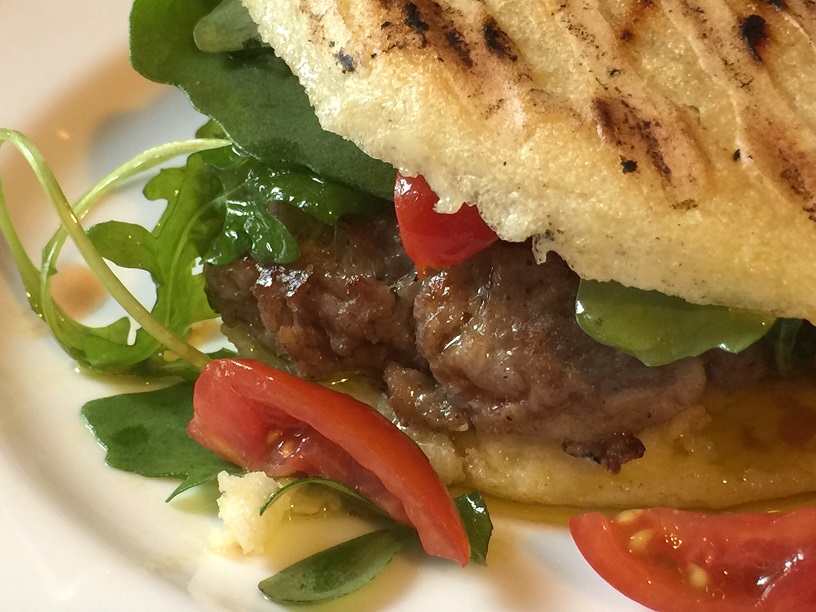
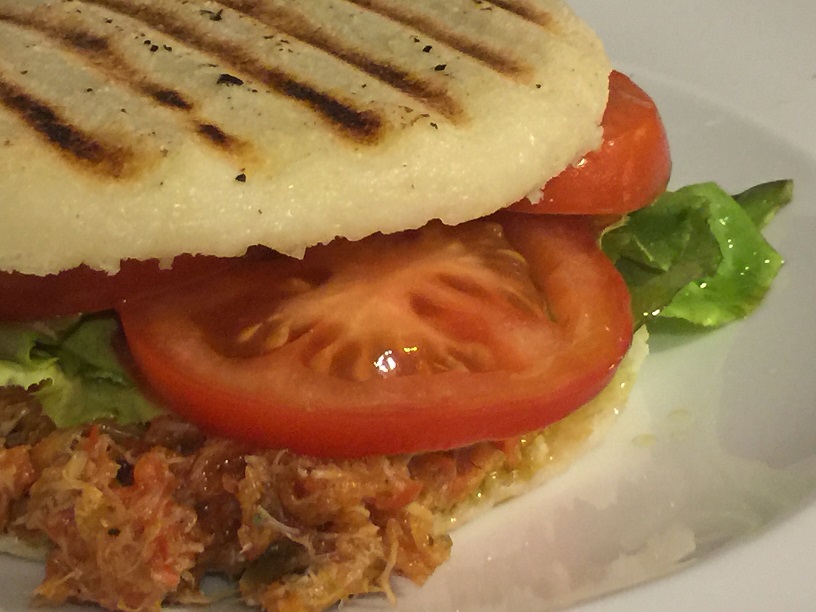

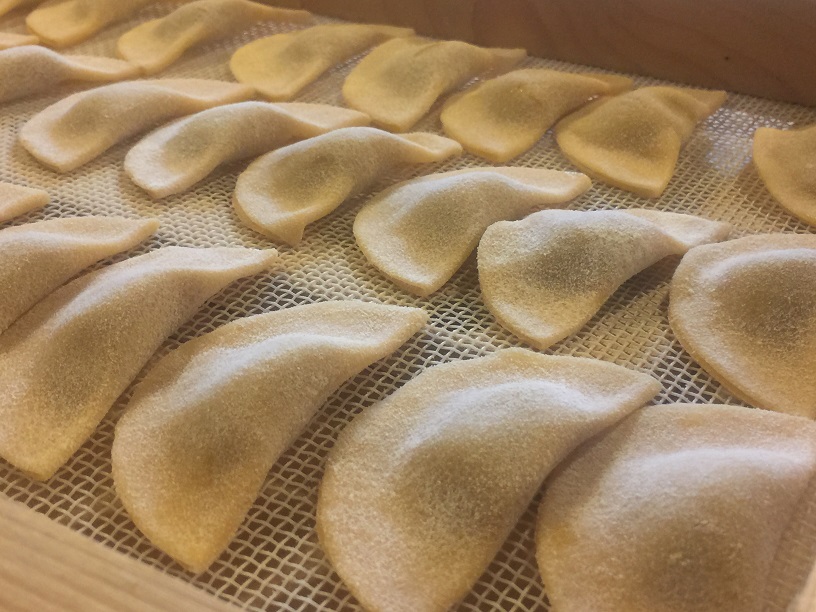
Entry
“The introduction begins with the instruments of the whole orchestra”: Minced grilled octopus, seasoned with tomato, escalonias, olive oil, coarse salt, pepper and fresh thyme.
Main dish
“Then comes the discharge”: Matricciana and fried pancetta, tomatoes, pepper and pasta with some grated pecorino romano cheese.
Dessert
“It ends with a bolerito”: Pears candied with syrup.
Bon appetit!
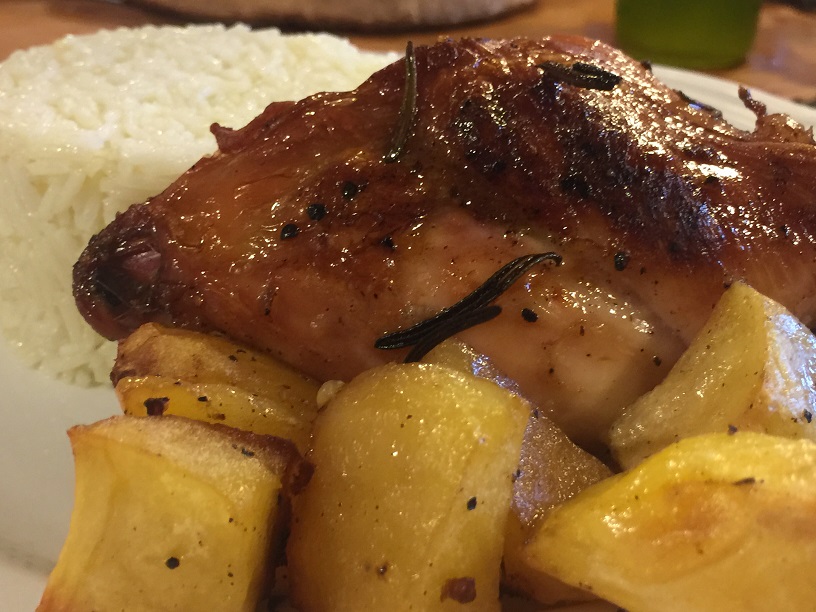
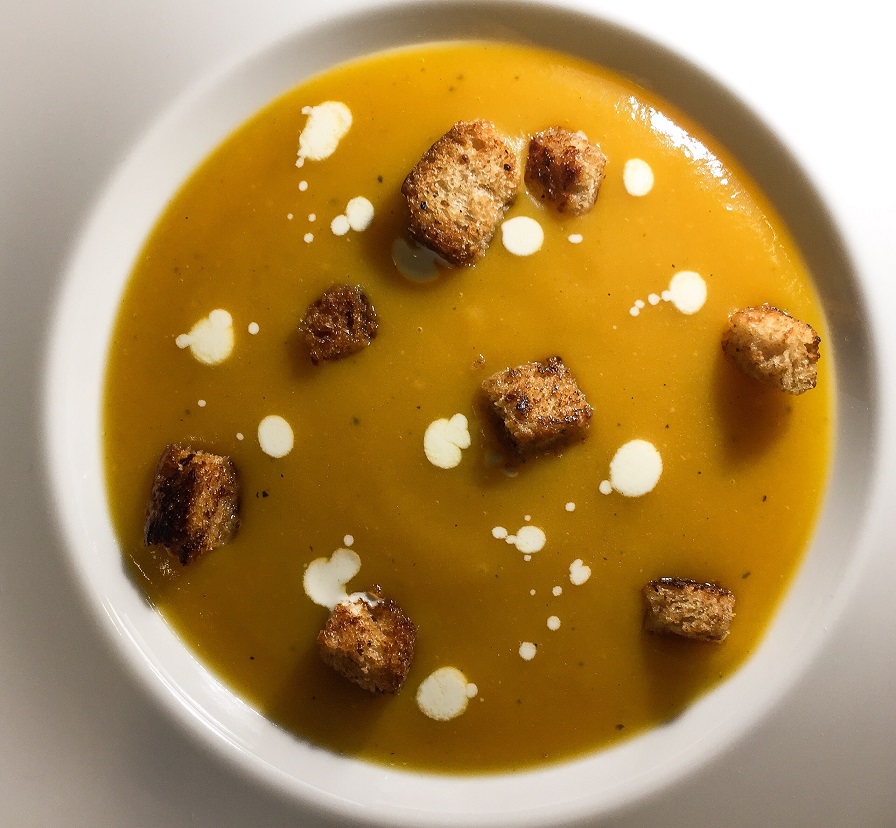
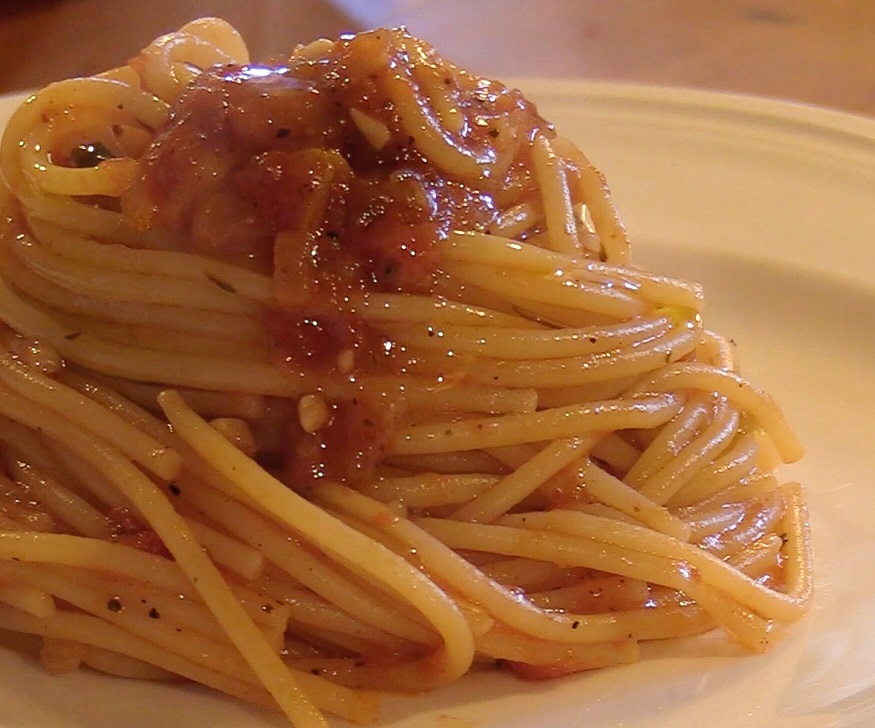
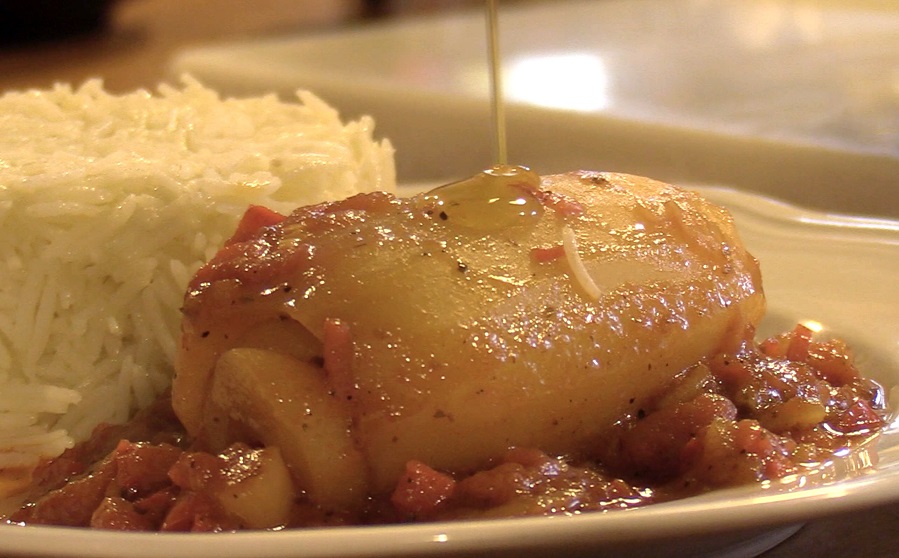
First the music
Before starting to cook, Mariantocook first puts the music, Thinks of a theme, and even improvises her culinary compositions when she has an opportunity. She also selects the wine, and cooks for it. She is a faithful believer of the argued kitchen, and to transmit to the diners what she feels while cooking. Marianto’s kitchen is a deep kitchen that comes from the soul and the heart and looking for memories, not only to be in a kitchen worthy of remembering, but that it also brings back memories to whoever sits at the table.
We want to close this editorial note with three of the questions we asked Mariantocook during a pleasant interview and a lot of learning. Marianto, as a good Venezuelan, flees from the Italian winter and takes refuge in her little house in Panama, where she was able to talk with ISM about her project, her passions (cooking and music), her plans for the future and her motivations.
ISM: What would you advise, from your life experience, both in the kitchen, as in the initiative to undertake the Mariantocook ’s project, to those entrepreneurs who want to start in the world of cooking or who want to venture into culinary art?
Mariantocook: Study, read, learn. Understand the reason for each process in each recipe. Be curious; do not be dogmatic, because dogmas close your head. Be humble, although with self-esteem, but without falling into the fatuous. Keep an open mind to new knowledge. Love everything. Cook with love and passion, no halves, give it your all.
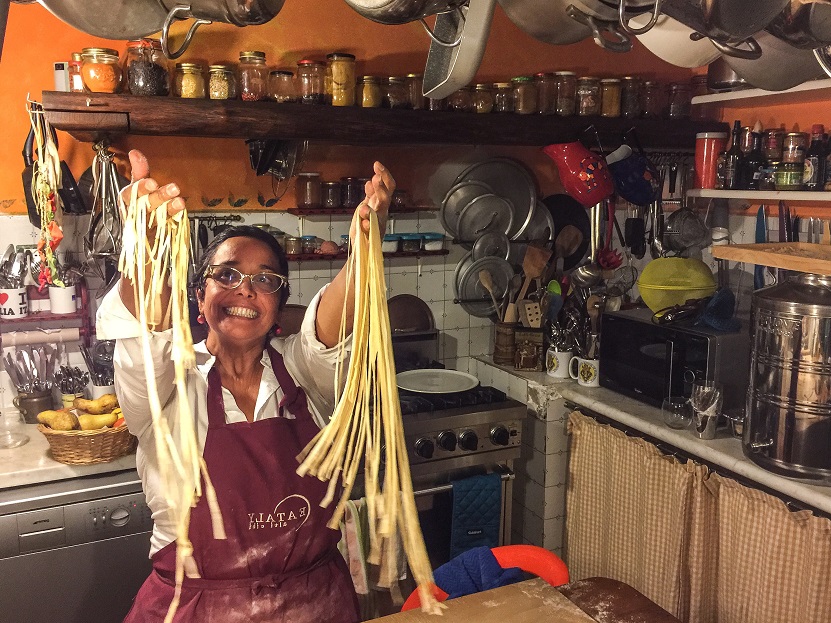
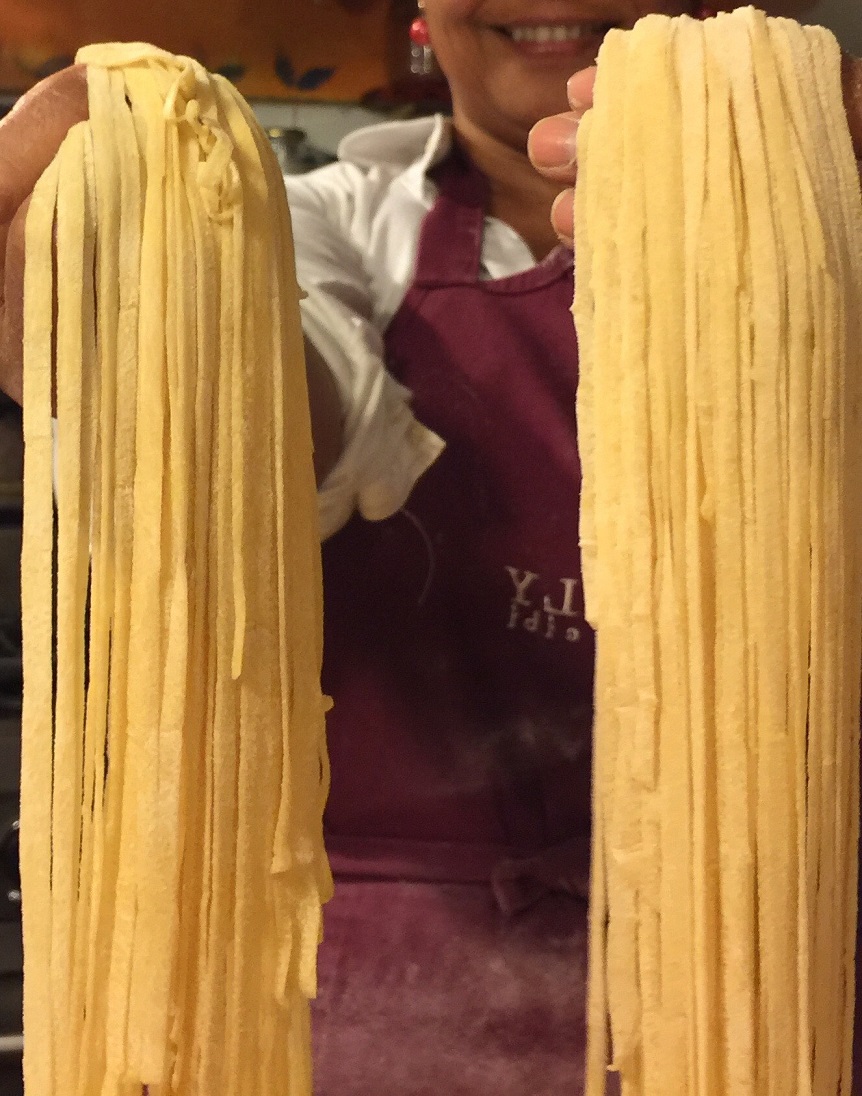
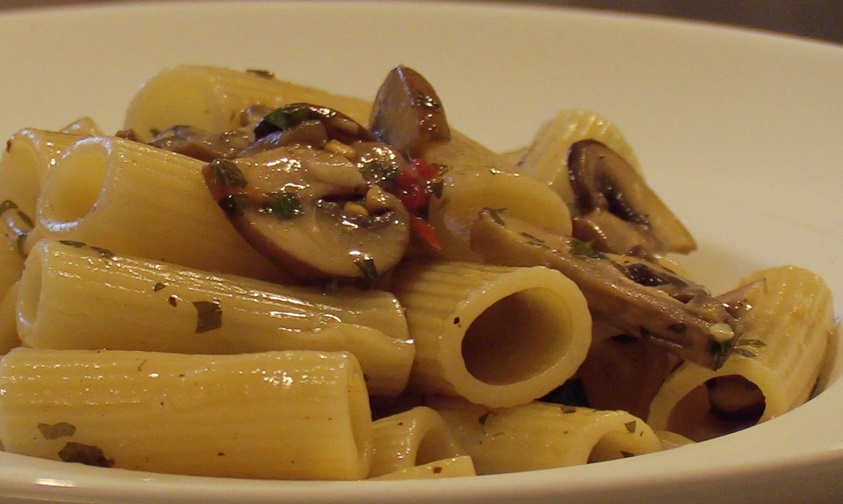
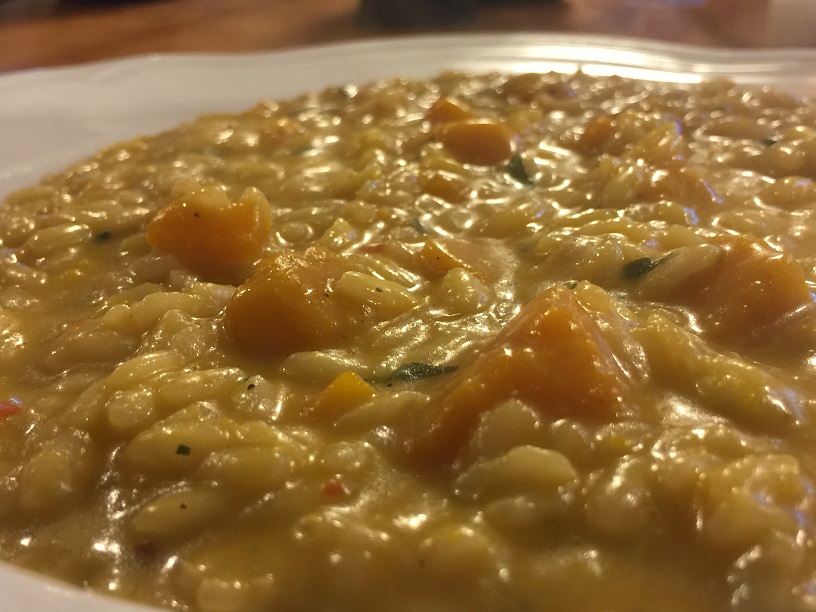
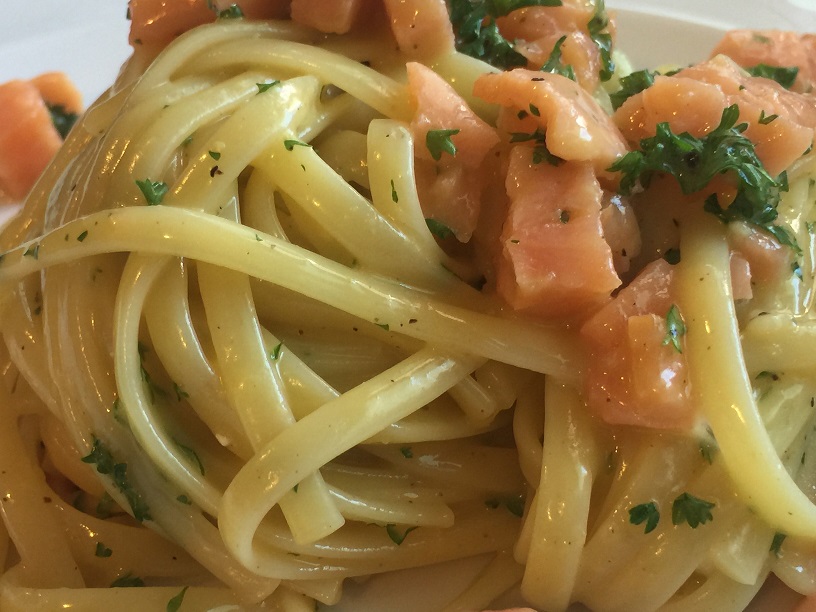
ISM: What are your salsa recommendations?
Mariantocook: ‘El libro de la salsa’ de César Miguel Rondón is the tastiest thing you can give away. Rubén Blades, Adalberto Santiago, Ray Barretto, Bobby Valentín. ¡Salsa Brava!
ISM: What comes with Mariantocook?
Mariantocook: Cooking, editing, music. Learn many things to improve the videos and all the material I’m doing. I want to buy 2 or 3 cameras so that everything looks more professional.
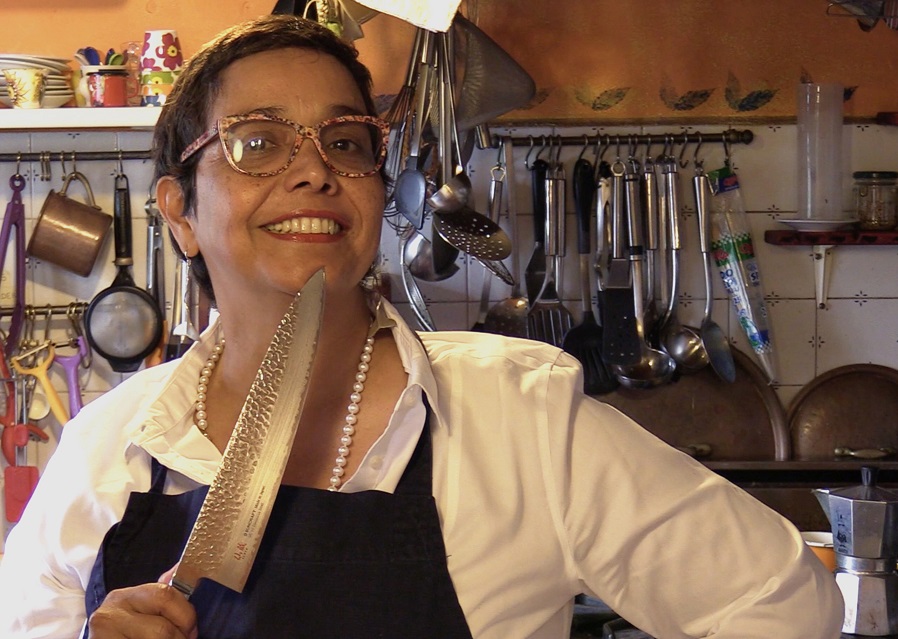
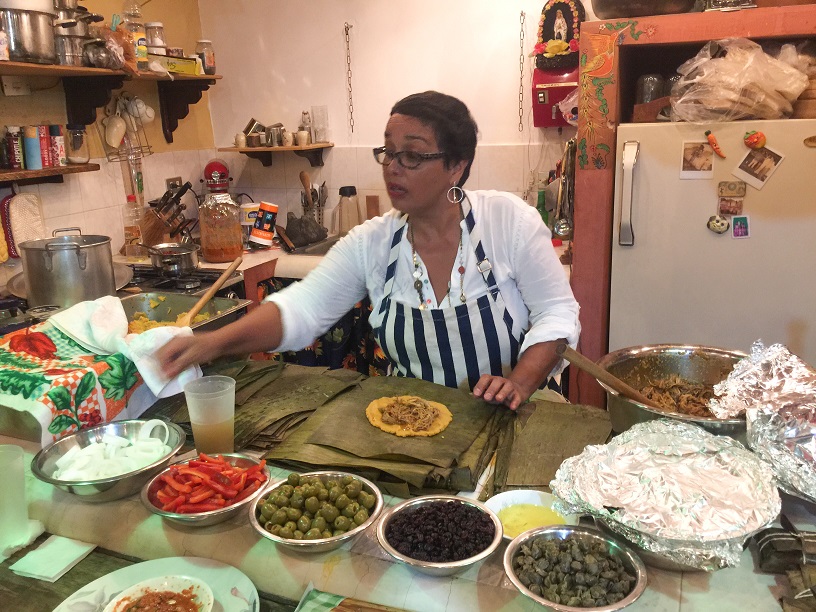
You can follow Marianto on Instagram: Mariantocook, and by the same name subscribe to her YouTube channel. From wherever, she will always share her human warmth and that magic to cook and teach everything she has learned since she was 10 years old.
Photos: Mariantocook’s courtesy
